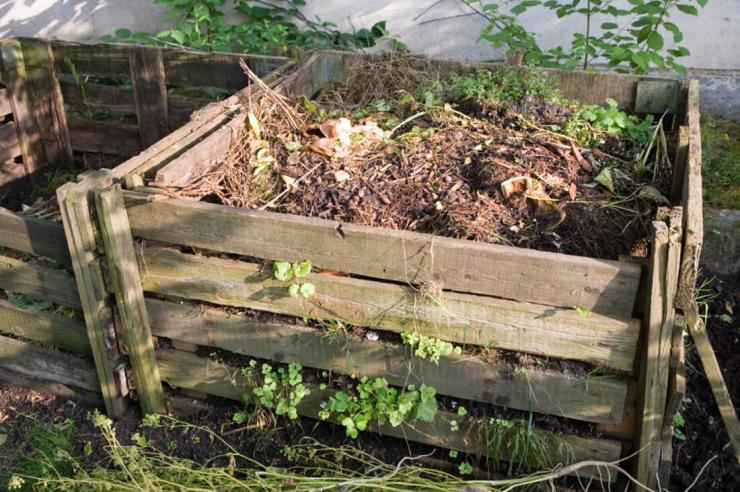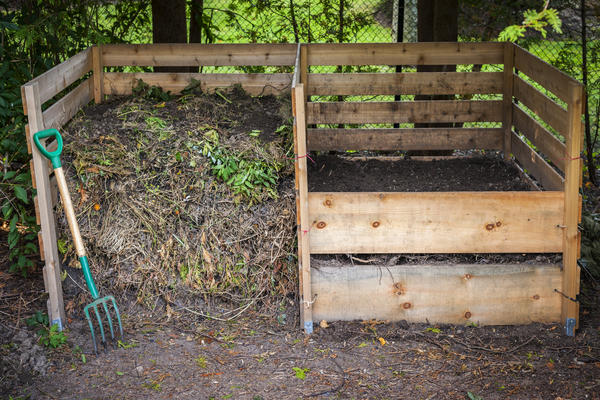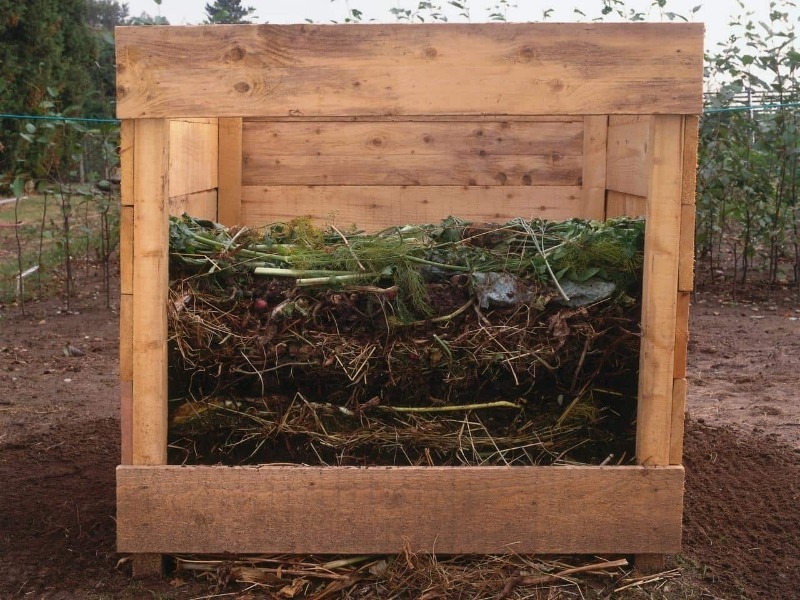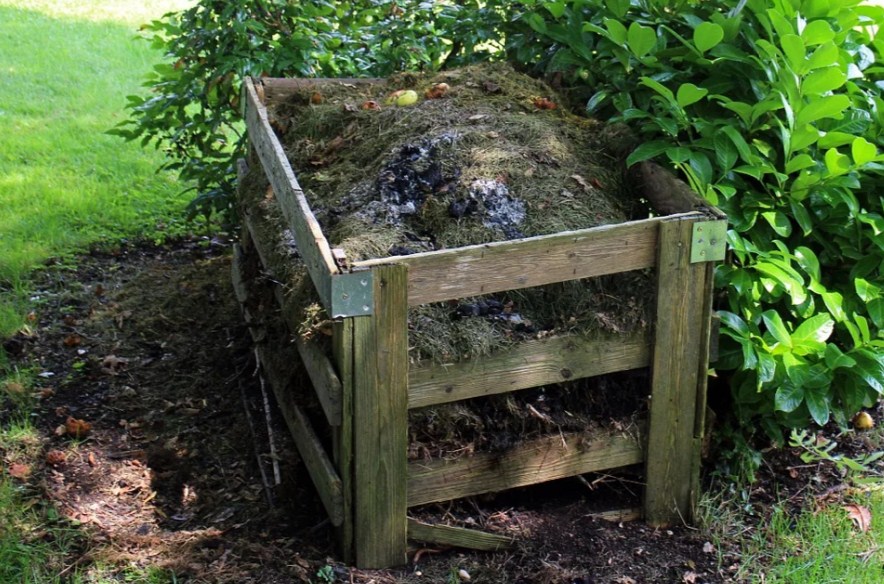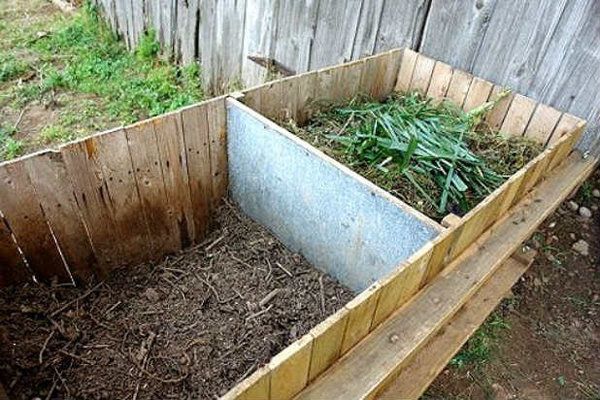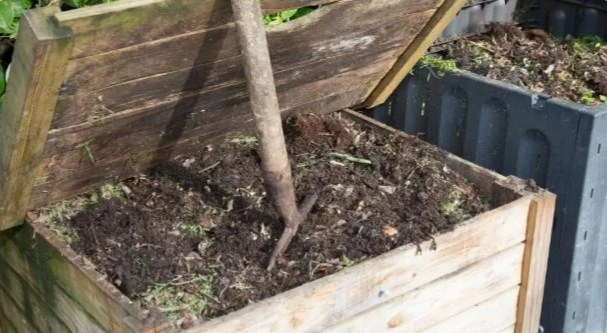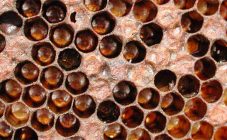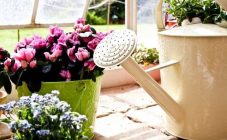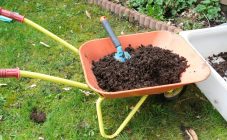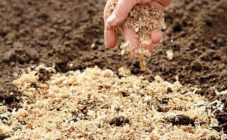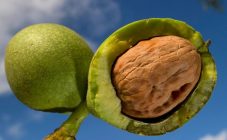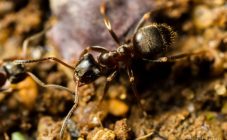Composting is the simplest yet most effective fertilization method. It appeared in the everyday life of gardeners many centuries ago and is actively used to this day, not inferior in its properties to any other substances.
What is compost
In simple terms, it is a mixture of various elements that have organic, mineral and animal components. By rotting, a high-quality fertilizer is obtained that can improve the growth, maturation and yield of many plants.
Preparing compost does not expend a lot of energy and financial components for gardeners, so they are happy to prepare it for feeding their plants.
Horny waste
Who would have thought that the addition of horns and hooves of animals has a beneficial effect on the composition of compost. It is a storehouse of vitamins and micro-minerals for the soil. Rotting, they will also saturate the soil with nitrogen, which is so necessary for the still immature seedlings.
Sawdust
It is also useful to add woody components to the compost. Despite the fact that the same sawdust is difficult to decompose, they nevertheless impart looseness and porosity to the soil. Consequently, thanks to them, it will warm up and ventilate well.
Important!
In no case should vegetables be thrown into the compost pit or cleaned with diseases, for example, phytophthora. In this case, the desire to improve the soil and plants will have a completely opposite effect. From such compost there will be only losses and troubles.
Inorganic components
Sometimes, in order to speed up the process of decomposition of household and animal waste, one cannot do without the addition of so-called inorganic accelerators. This includes substances such as "Compostar", "Sanex complex" and the like. They significantly reduce the compost preparation time, while saturating its contents with the necessary enzymes.
Watering
In order for the compost to mature well, you need to periodically add water to it. The main thing here is not to overdo it. Filling and subsequent decay must not be allowed.
Also, such an organic fertilizer needs air. Therefore, the gardener must mix it, lifting everything that is at the bottom up. And vice versa.
These simple rules will help you get high-quality, and most importantly, absolutely safe and natural compost.
